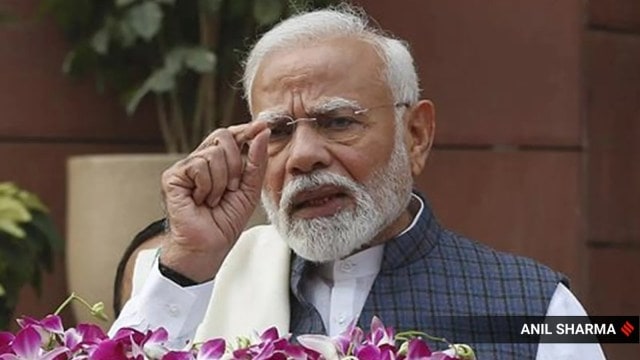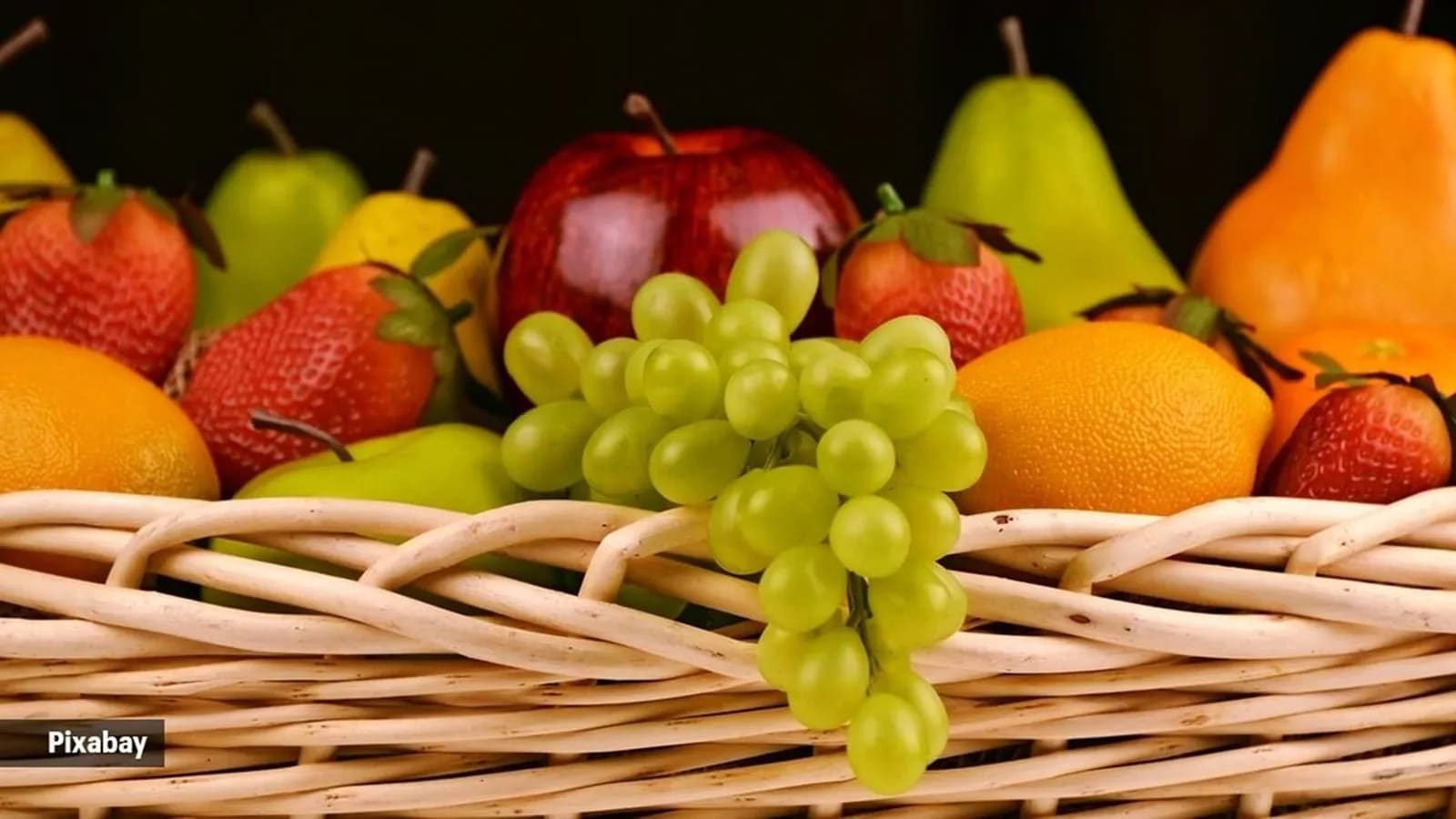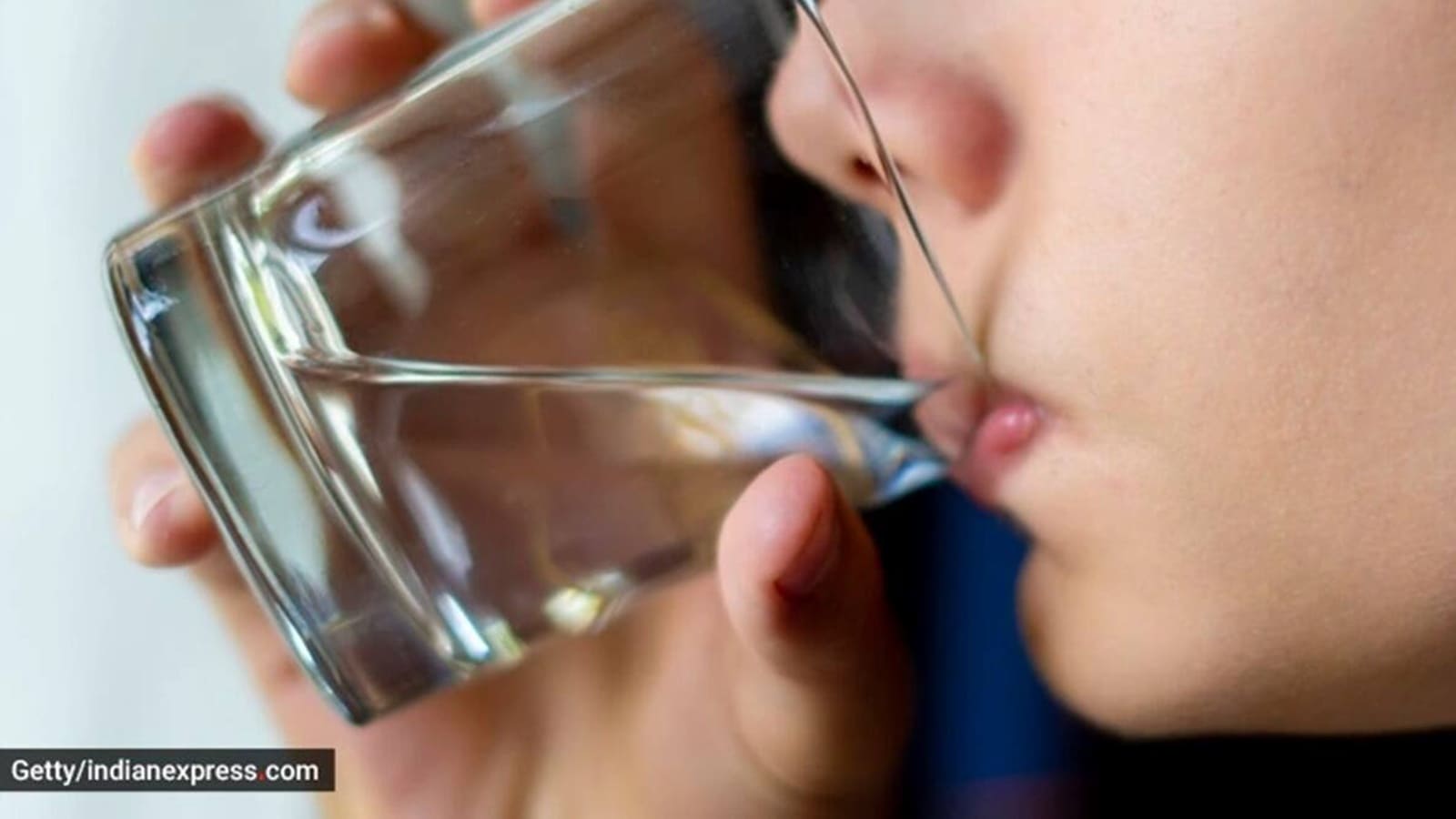📣 For more lifestyle news, click here to join our WhatsApp Channel and also follow us on Instagram
PM Modi says he fasts, drinks only hot water to stay fit in his 70s: ‘I’ve been following these practices for 50 to 55 years’
"During this nine-day fast, I eat only one specific fruit, once a day," PM Narendra Modi said on the Lex Fridman podcast
 PM Modi fasts at regular intervals (Express Photo by Anil Sharma)
PM Modi fasts at regular intervals (Express Photo by Anil Sharma)Prime Minister Narendra Modi recently opened up about his life, detailing his fitness routine, which also involves fasting regularly.
“In India, our religious traditions are actually a way of life. Our Supreme Court gave a brilliant interpretation of Hinduism. They have stated that Hinduism is not about rituals or methods of worship. Rather, it is a way of living, a philosophy that guides life. And in our scriptures, there is a deep discussion about body, soul, mind, and humanity. There are ways systems in place. One of them is fasting. But it is alone not everything. Fasting is a way to cultivate discipline. During fasting, the senses are so sensitive and sharp that you can even smell water. Fasting accelerates the body’s thinking process. Many think that fasting is giving up food. Fasting is actually a scientific process,” shared Modi on the recently aired Lex Fridman podcast.
According to him, unlike many others, fasting “never slows me down.” Modi, 74, added, “I work just as much as usual. Sometimes, I even work more. And another fascinating thing I’ve noticed is that when I need to express my thoughts, I’m amazed at where they come from and how they flow. It’s truly an incredible experience. Fasting for me is devotion, fasting for me is self-discipline.”
He also shared that before starting any fast, he drinks “a lot of water” to detox and “help prepare my body.”
During the conversation, PM Modi also described the “ancient tradition of Chaturmas.” “During the monsoon season, we know that digestion tends to slow down, and so in this season, many people in India follow the practice of eating only a single meal within 24 hours. For me, this starts around mid-June and goes on until after Diwali, around November. For about four to four and a half months, I follow this tradition of eating only once in 24 hours. Then comes the Navratri Festival in India, which usually falls in September or October. During this time, the whole country celebrates Durga Puja, a festival of strength, devotion, and spiritual discipline. This lasts for nine days,” mentioned Modi.
During this time, Modi “completely” abstains from food and only drinks hot water. “Although drinking hot water has always been a part of my daily routine, my past lifestyle was such that I naturally developed this habit over time. Then in March or April, another Navratri occurs called Chaitra Navratri. This year, it will likely begin around March 31st. During this nine-day fast, I eat only one specific fruit, once a day. So for those nine days, if let’s say I choose papaya, then for all nine days, I won’t touch anything else. Just papaya. That too, I eat only once a day. That’s how I follow my nine-day fasting routine. So there are numerous fasts I keep throughout the year, and this has become a deeply ingrained tradition in my life. Perhaps I can say that I’ve been following these practices for 50 to 55 years,” mentioned Modi.
Taking a cue, let’s understand how drinking hot water without food or beverages impacts the body.
 PM Modi details his fasting preferences (Photo: Pixabay)
PM Modi details his fasting preferences (Photo: Pixabay)
Hot water fasting is where an individual drinks only hot water throughout the day and strictly avoids eating any type of food or drink.
“Although drinking sufficient water and staying hydrated is considered beneficial, only sustaining hot water for a longer duration can lead to several health complications. Fasting without eating enough food for more than a day can lead to problems like nutrient deficiencies, fatigue, nausea, and muscle loss,” said Jinal Patel, dietitian, Zynova Shalby Hospital Mumbai.
 Drinking hot water is beneficial? (Photo: Getty Images/Thinkstock)
Drinking hot water is beneficial? (Photo: Getty Images/Thinkstock)
Hot water fasting may not be suitable for everyone. Those with certain health conditions, children, pregnant women, and the elderly should avoid trying this particular fasting, stressed Patel.
“Always consult your dietician before making any new changes to your diet or trying diets like hot water fasting. Your doctor may help you weigh down this diet’s potential side effects and benefits to make an informed decision. Always try to maintain a healthy balance by eating well-balanced meals, exercising regularly, managing stress, getting enough sleep, and drinking plenty of water,” said Patel.
DISCLAIMER: This article is based on information from the public domain and/or the experts we spoke to. Always consult your health practitioner before starting any routine.
📣 For more lifestyle news, click here to join our WhatsApp Channel and also follow us on Instagram
- 01
- 02
- 03
- 04
- 05



























